Amirhossein Fallah, in an interview with the Strategic Council on Foreign Relations’ website, referring to the global acceleration of AI development, stated, “This technology is no longer limited solely to the software domain and is gradually entering physical production, energy, and critical infrastructure.” He added: “Advanced countries are heavily investing in smart energy grids, automated production, and industrial robotics to increase their economic productivity alongside AI development. This shows that in the near future, AI will not only be a driver of economic growth but also a determining factor in national security and geopolitical competition.”
Fallah, emphasizing that Iran is still at the beginning of the path to fully utilizing this technology, stated: “Despite limitations caused by sanctions and insufficient infrastructure, Iran has significant human and scientific capacities that, with targeted investment, can pave the way for our country’s active presence in the global digital economy.”
He referred to the approval of the national AI roadmap in 1404 (2025-2026), and said, “This roadmap is designed to enhance Iran’s position in global rankings and utilize AI in key industries, but its realization requires strengthening infrastructure, access to big data, and international cooperation.”
Fallah, stating that the experience of Global South countries shows that regional and transnational cooperation can accelerate the path of AI development, added: “Global South countries must actively participate in shaping international AI standards and frameworks. Iran can also solidify its position by establishing joint research and development networks with regional countries, as well as using open-source models.”
The researcher pointed to domestic economic opportunities and said, “Domestic knowledge-based companies, digital service platforms, and creative industries can be the driving engine of Iran’s digital economy. Utilizing AI in the fields of education, health, transportation, and agriculture not only creates economic profitability but also increases the country’s competitive ability in global markets.”
Fallah, regarding human resource challenges, noted that “the shortage of specialists with interdisciplinary skills and practical experience in AI is one of the serious limitations. To address this issue, professional training and developing university programs related to data mining, machine learning, and robotics are essential.”
He continued: “Investment in data infrastructure and stable communication networks is another critical requirement, and without it, sustainable AI development will not be possible.” He also emphasized the importance of policymaking and creating legal frameworks, stating: “For the optimal utilization of AI, transparent regulations and standards for data protection and privacy must be developed to both gain public trust and enable international cooperation.”
Fallah emphasized that “Iran, despite challenges and limitations, has unprecedented opportunities for presence in the digital economy of the Global South. With targeted investment, training human resources, and active participation in international networks, not only can emerging technologies be absorbed, but an effective role can be played in shaping the digital future of the region and the world.”
He emphasized that “time is critical for Iran, and any delay in capitalizing on these opportunities could increase our country’s gap with competitors, but if the right policies are implemented, Iran can become one of the key players in the digital economy of the Global South.”


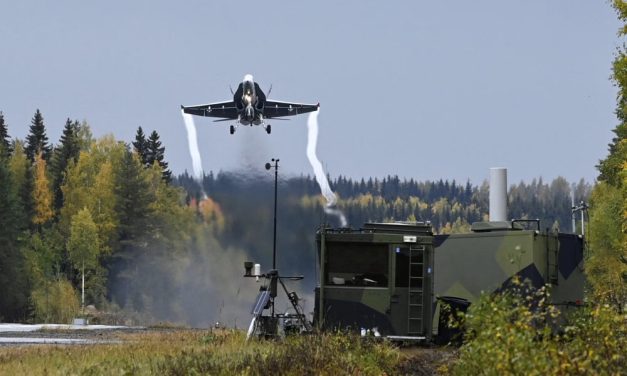
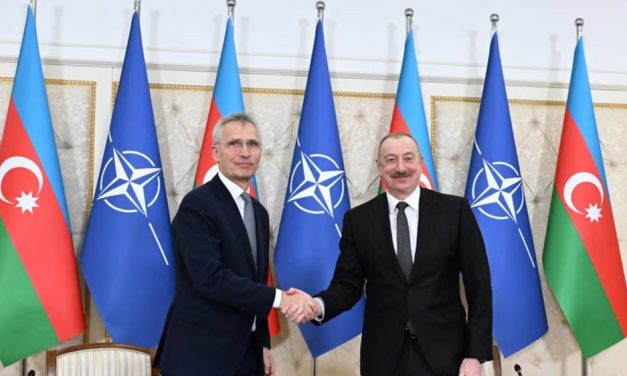
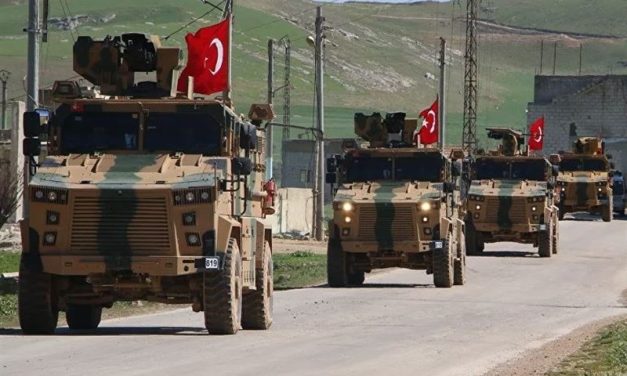
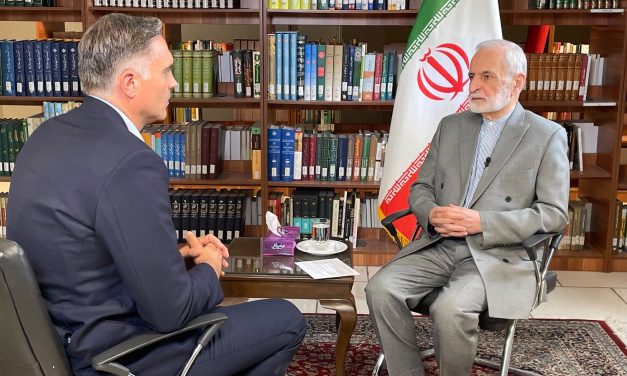
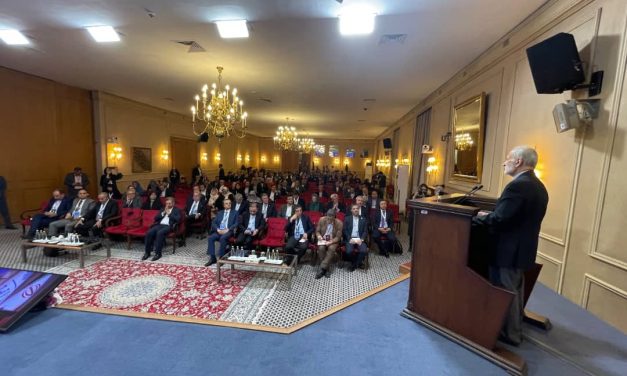
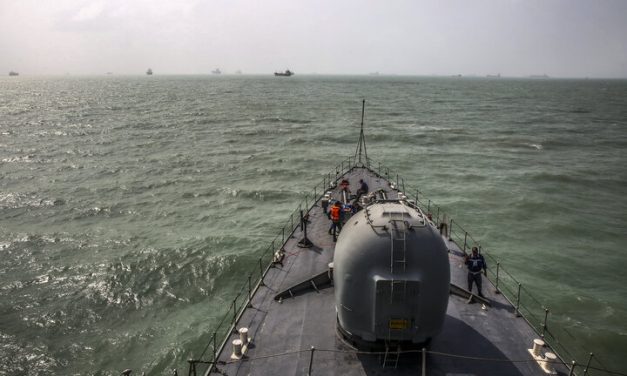


0 Comments